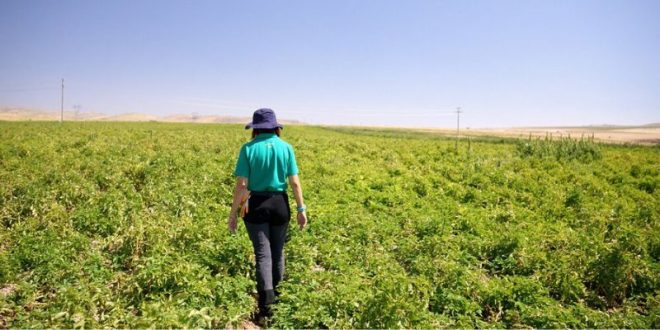PepsiCo’s Latest ESG Report Demonstrates Significant Progress in Sustainability Efforts
PepsiCo has released its 2023 Environmental, Social, and Governance (ESG) progress report, highlighting notable achievements in its global transformation initiative, pep+. The initiative focuses on enhancing long-term business performance and value through sustainability.
In 2023, PepsiCo achieved several of its ESG goals ahead of schedule, launched new objectives, and made significant strides on ongoing initiatives. However, certain areas, such as packaging, continue to pose challenges. The report details PepsiCo’s efforts across various fronts:
- Emission Reductions: PepsiCo reduced Scope 1 and 2 emissions by 13% and total Scope 1, 2, and 3 emissions by 5% year-over-year. This reduction was driven by innovation, strategic investments, and partnerships, supported by the company’s 318,000 global associates.
- Plastic Use Reduction: The company decreased the use of virgin plastic from non-renewable sources by 4% compared to the previous year.
- Regenerative Farming: PepsiCo doubled its global regenerative farming footprint to over 1.8 million acres. This move aligns with the company’s commitment to sustainable agricultural practices, benefiting farmers and the environment.
- Water Efficiency: PepsiCo improved water-use efficiency by 25% at high water-risk locations, achieving this milestone two years ahead of schedule. Additionally, the company helped over 10 million people gain access to safe water, bringing the total to more than 91 million since 2006.
- Nutritional Goals: PepsiCo introduced new goals to reduce sodium and promote diverse ingredients. Notably, 36% of its food volume met the new sodium targets, and the company delivered 75 billion portions of diverse ingredients.
Jim Andrew, Chief Sustainability Officer at PepsiCo, emphasized the importance of these achievements and the ongoing challenges. “Three years into our pep+ journey, it’s clear the focus we have driven throughout the business is working in many areas. Our use of virgin plastics is down year-over-year and our total Scope 1, 2, and 3 emissions are down compared to 2022, as well as versus our 2015 baseline. This is all to be celebrated. However, the road ahead will continue to present challenges. We continue assessing where to devote time and resources to deliver meaningful impact and ensure we are focusing our efforts. Building strong and strategic partnerships with other scale players and adopting and scaling breakthrough technologies are central to our strategy,” Andrew concluded.
PepsiCo’s commitment to sustainability not only benefits the environment but also supports farmers, agronomists, and the entire supply chain. By adopting regenerative farming practices and improving resource efficiency, the company sets a benchmark for sustainable agriculture, promising a positive impact on the potato industry and beyond.







